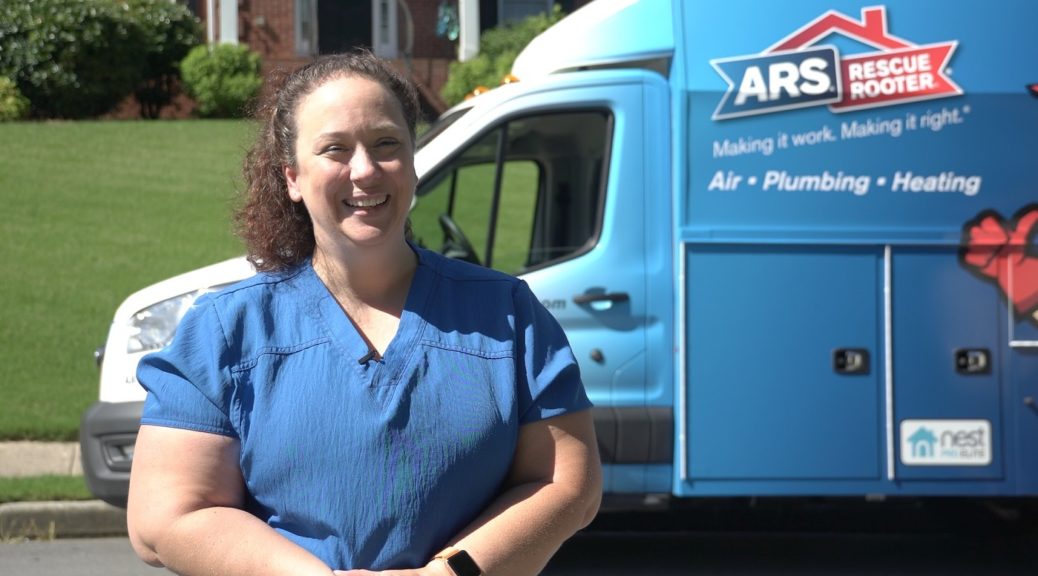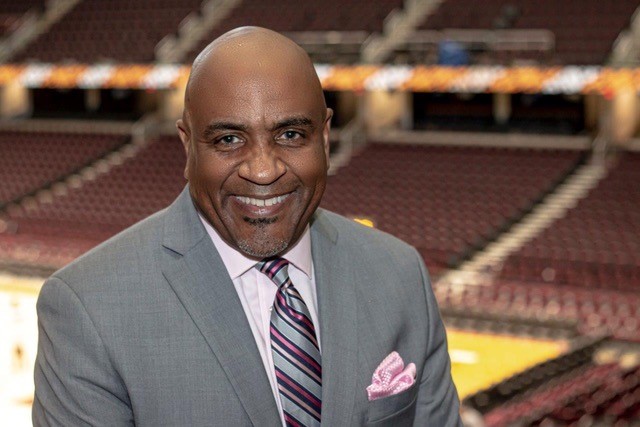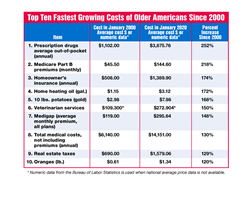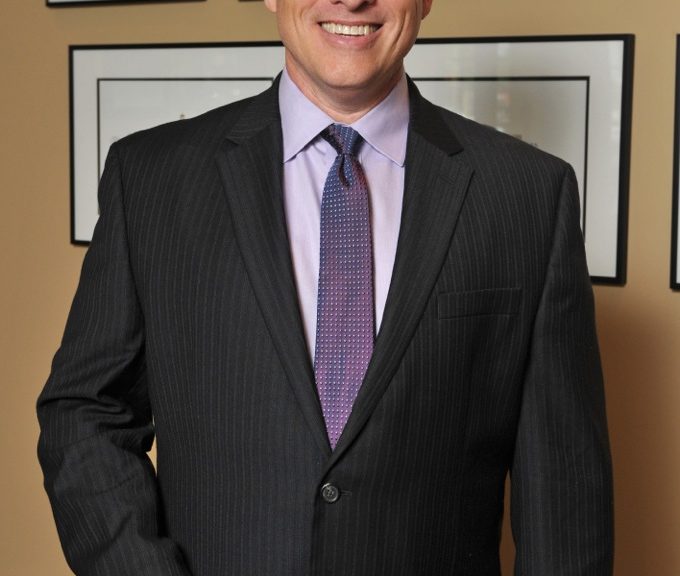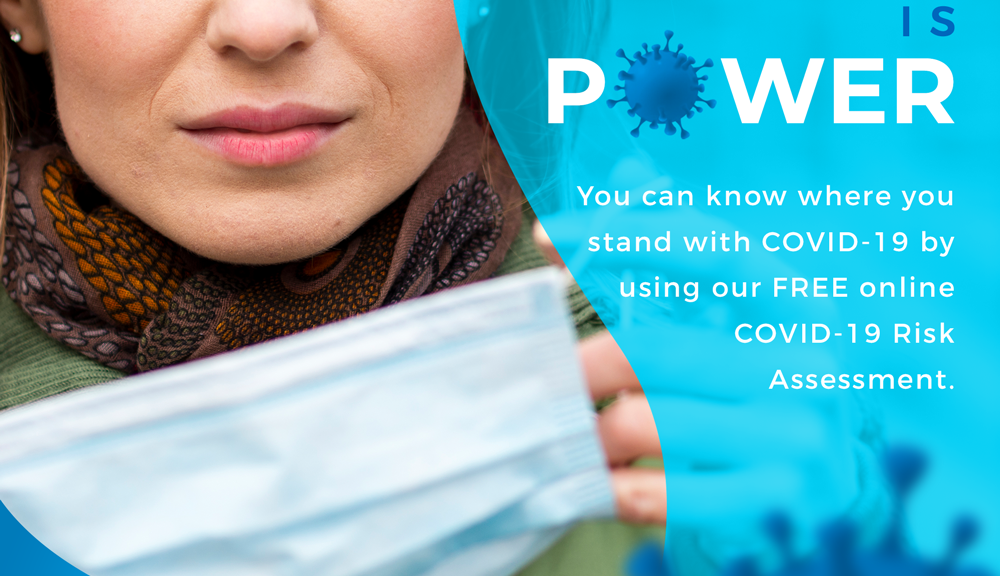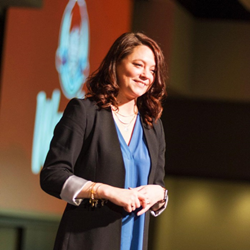
Amanda Pennington, ARS Cares Healthcare Heroes Program Winner in Atlanta
“Atlanta healthcare workers have been working tirelessly to ensure our safety; recognizing their efforts by installing a new water heater was an easy way we could ensure they have a comfortable and safe environment to return home to,” said Jack Reeves, GM of ARS/Rescue Rooter of Atlanta.
Atlanta, GA (PRWEB)
June 14, 2020
ARS/Rescue Rooter of Atlanta, a local Plumbing provider and part of the American Residential Services (ARS) Network of Brands, provided a new water heater to Amanda Pennington, a deserving Nurse, as part of the ARS Cares Healthcare Heroes program. The program is an extension of the year-round, company-wide ARS Cares initiative, and is rewarding more than 50 free home services makeovers to healthcare professionals across the country during the current COVID-19 crisis.
“Atlanta healthcare workers have been working tirelessly to ensure our safety and recognizing their efforts by installing a new water heater was an easy way we could ensure they have a comfortable and safe environment to return home to,” said Jack Reeves, General Manager of ARS/Rescue Rooter of Atlanta.
Amanda graduated from Emory University with a BSN in 2014, at the age of 37. She started working at Gwinnett Medical (now Northside Gwinnett) in 2015, and hasn’t looked back. As physically and mentally hard as it is especially during COVID-19, she says that working with the patients and her fellow nurses is the most rewarding part of being a nurse on the floor. She continues to use the skills she has learned to help improve the quality of care offered at Northside Gwinnett. The installation of Pennington’s new water heater was completed on June 11th.
Following the announcement of the ARS Cares Healthcare Heroes program on May 13, family, friends, and co-workers were invited to share stories of why an Atlanta frontline worker was deserving of home improvements that would deliver relief and relaxation. ARS received more than 400 nominations.
The ARS Cares initiative was launched in 2016 to cultivate positive relationships with communities where we live, work, and play. Since that time, more than 90 home services makeovers have been completed, donating more than $500,000 of HVAC systems and water heaters to deserving recipients. To learn more about ARS Cares and view official Terms & Conditions, visit ars.com/ars-cares.
ABOUT AMERICAN RESIDENTIAL SERVICES
Based in Memphis, Tenn., privately-owned ARS operates a network of more than 70 locally-managed service centers in 24 states, with approximately 7,000 employees. The ARS Network features industry-leading brands including, 4 Eco Services, A.J. Perri, Aksarben ARS, Allgood, Andy’s Statewide, ARS, Aspen Air Conditioning, Atlas Trillo, Beutler, Blue Apple Electric, Blue Dot, Blue Flame, Bob Hamilton, Brothers, Columbus Worthington Air, Comfort Heating & Air, Conway Services, DM Select, Florida Home Air Conditioning, Green Star Home Services, Hauser Heating & Air Conditioning, McCarthy Services, Rescue Rooter / Jack Howk, Rescue Rooter, RighTime Home Services, RS Andrews, TempRite Air Conditioning and Heating, Unique Services, “Will” Fix It, and Yes! Air Conditioning and Plumbing. As an Exceptional Service Provider, the ARS Network serves both residential and light commercial customers by providing heating, cooling, indoor air quality, plumbing, drain cleaning, sewer line, radiant barrier, insulation, and ventilation services. Each location has a knowledgeable team of trained specialists. ARS requires background checks and drug tests on all employees. We hire professionals with the highest level of integrity. Providing exceptional service and ensuring the highest standards of quality, ARS has the experience to do any job right – the first time, with all work fully guaranteed. ARS: “Making it work. Making it right.”
Share article on social media or email:

